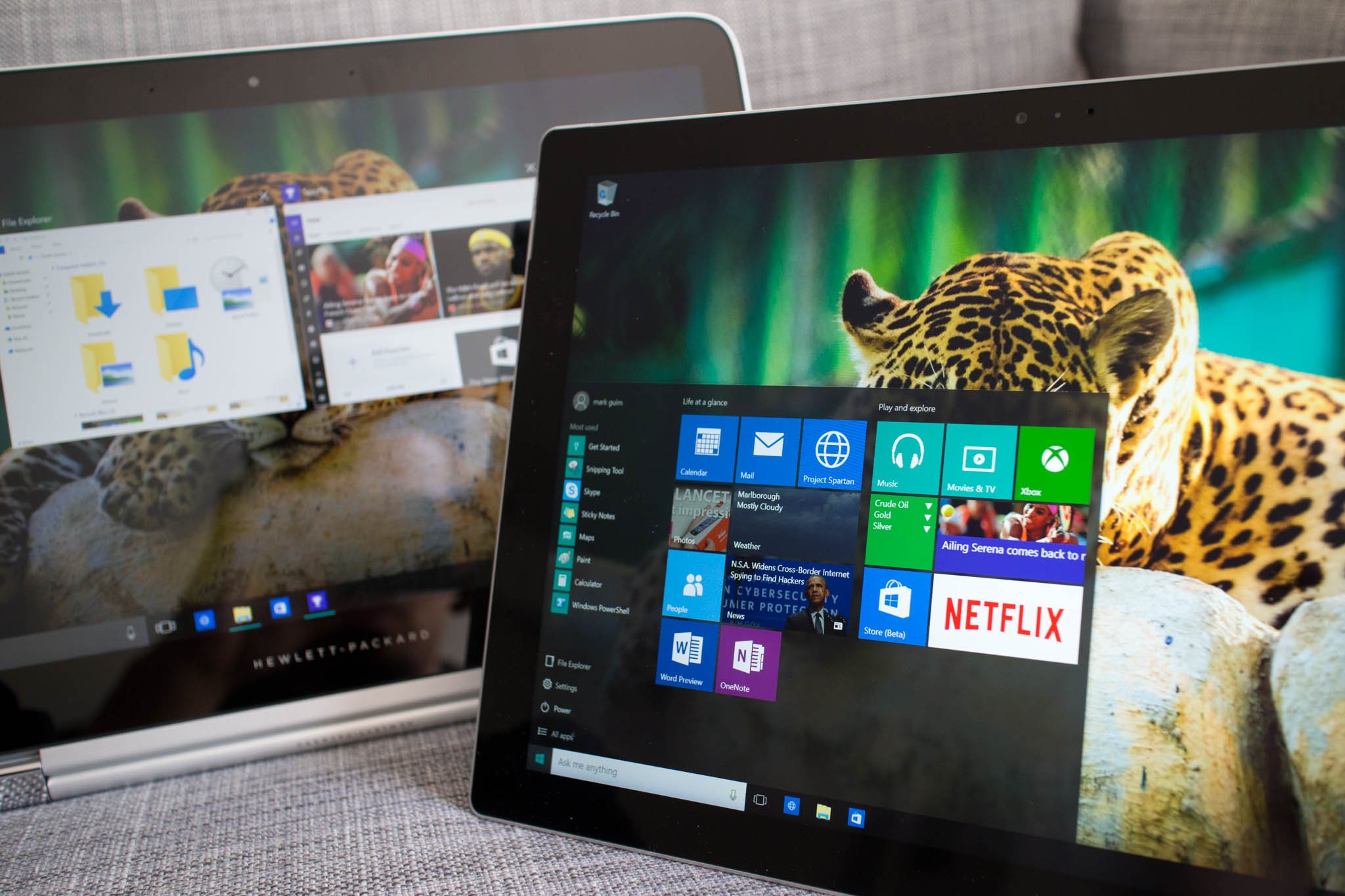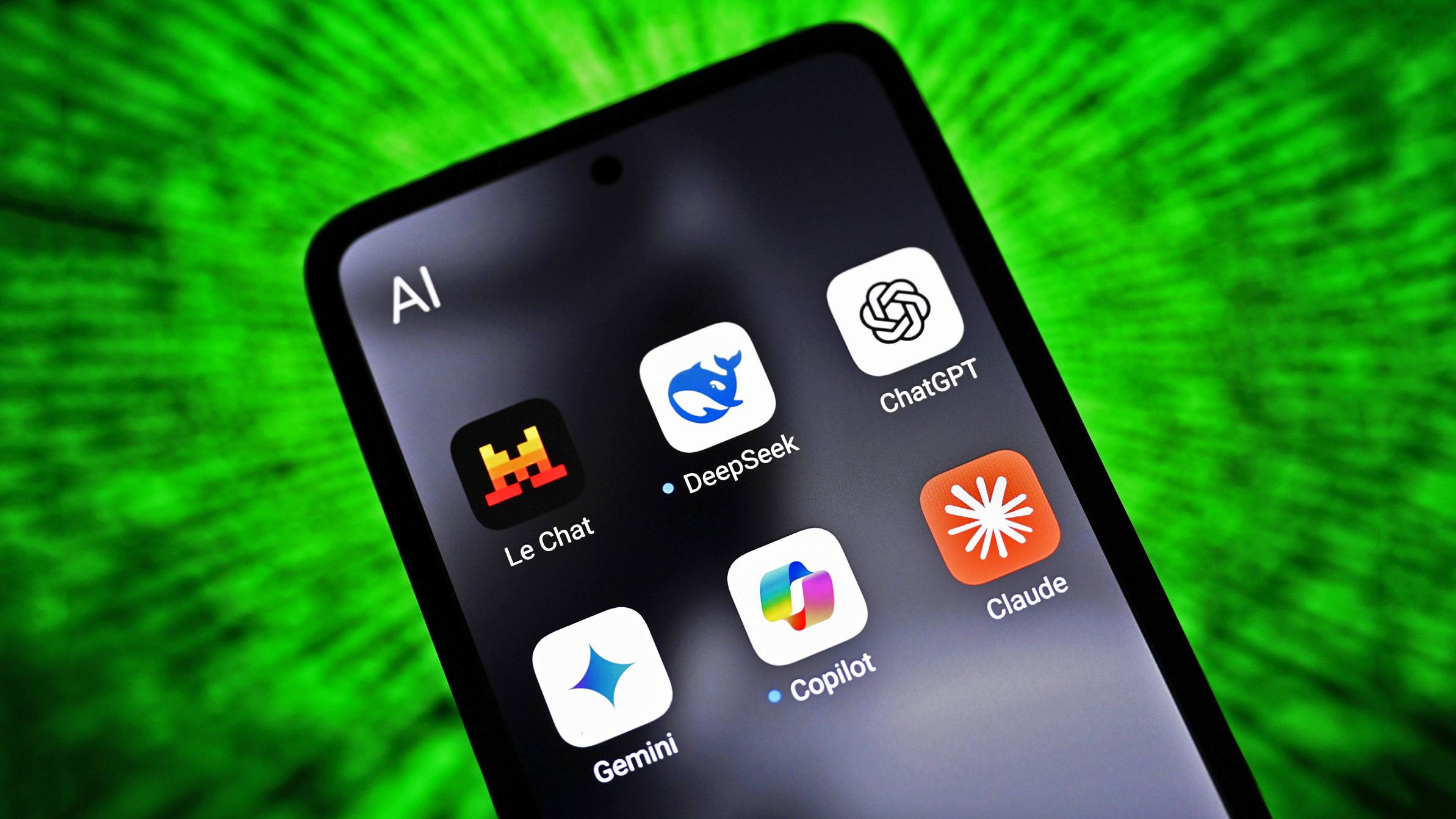Windows 10 and Surface have pushed Microsoft's PC partners to a higher level
We sit down with Nick Parker, Microsoft Corporate VP of OEM Division, to talk about all the progress of Windows 10 devices.

All the latest news, reviews, and guides for Windows and Xbox diehards.
You are now subscribed
Your newsletter sign-up was successful
There's a lot going on with Windows 10. With features like Cortana and Continuum and Universal Apps, PC manufacturers have a lot to work with. And they're producing devices that are increasingly impressive and diverse. So we sat down with Microsoft's Nick Parker to talk about how manufacturers like ASUS, Lenovo, HP, and more have adapted and adopted Windows 10.
"The original Surface is evidence of how we are creating category awareness, raising the tide for all boats and just generating demand."
There's a lot that's changed in the past few years, from the explosion of the cloud and its integration with operating systems, to the way updates to the Windows platform are distributed. Not to mention the emergence of Microsoft itself as a top-tier PC manufacturer, putting it at odds with Microsoft's own OEM partners.
While Parker's not directly involved with Surface, he's witness first-hand the effects of Microsoft's foray into hardware have had on other PC manufacturers. And contrary to prognostications about PC makers fleeing with Microsoft dipping their toes into hardware, they've instead kicked up their game. The Surface tablets more or less inagurated the era of the 2-in-1 PC, and it's a mantle that other manufacturers have picked up and run with full steam.
"You've now got this kind of continual innovation cycle — as we both invent capabilities, we can land them in the market."
That's not to say that there weren't changes to how Microsoft approached PC makers with Windows 10. We've heard it from the start of this new version: Windows is no longer strictly a platform, it's also a service. An evergreen OS, if you will, with new features and fixes continually being delivered to users.
The arrival of Windows 10 and new hardware has coincided with the release of Intel's new Skylake processors, which offer better performance and lower power consumption. And that's enabling PC manufacturers to make their devices thinner and lighter while maintaining (or even improving) performance. Intel's chips also power the new HP Stream notebooks, which come in at a mere $199 but offer full Windows 10 and a compact design with performance that puts the netbooks of old to shame.
For more, watch our interview with Nick as we delve deep into the tight relationship between Microsoft and PC manufactuers.
All the latest news, reviews, and guides for Windows and Xbox diehards.

Derek Kessler is a Former Special Projects Manager for Mobile Nations. He's been writing about tech since 2009, has far more phones than is considered humane, still carries a torch for Palm, and got a Tesla because it was the biggest gadget he could find. You can follow him on Twitter at @derekakessler.
